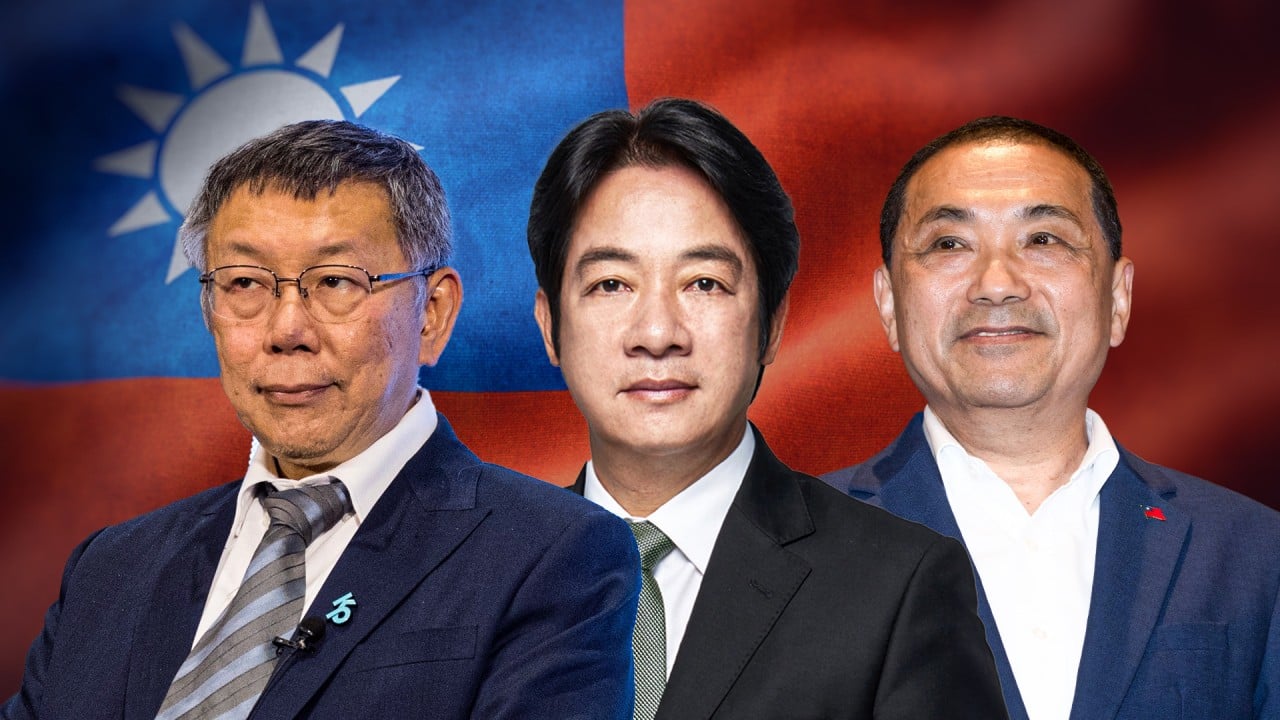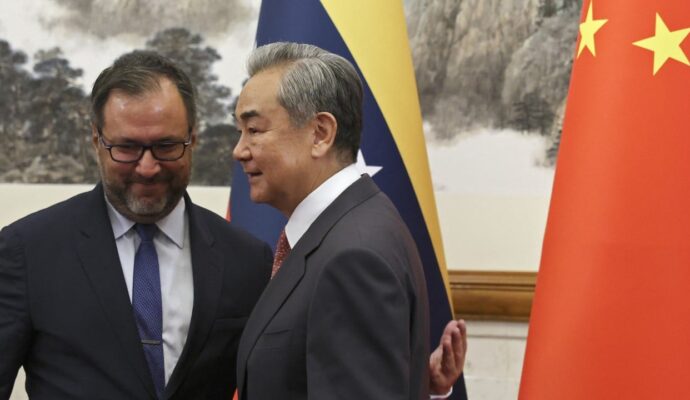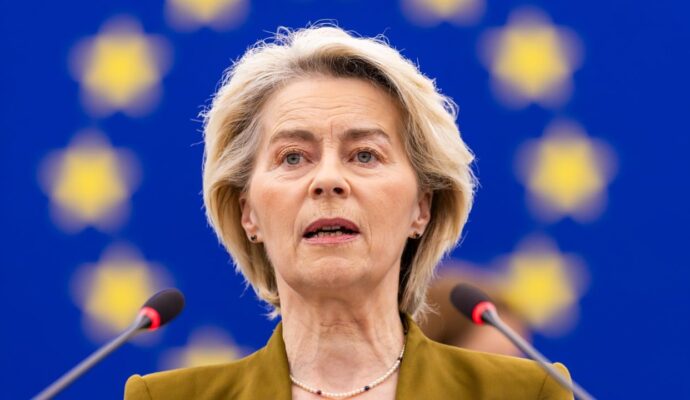Beijing claims Taiwan as part of its territory to be reunited with mainland China, by force if necessary. It has in recent years stepped up military and political pressure, sending in an unprecedented number of fighter jets and naval vessels around the island. Most countries do not recognise Taiwan as an independent state but oppose any unilateral change to the status quo.
Who is running in Taiwan’s presidential race and what does it mean for Beijing?
Who is running in Taiwan’s presidential race and what does it mean for Beijing?
“Based on their recent drift path, [the balloons] have posed a serious threat to the safety of many international aviation routes,” the Ministry of National Defence said in a statement condemning Beijing’s “disregard for aviation safety”.
The ministry also released an illustration on Saturday showing two mainland Chinese balloons it said had crossed the median line a day before, with one directly above the island.
“[The] main purpose of the recent detection of balloons is ‘grey zone’ harassment in an attempt to use cognitive warfare to affect the morale of our people,” it added.
“Grey zone” tactics refer to aggressive actions deployed by a state that stop short of open warfare – which many experts say is what Beijing is doing to Taiwan with its near-daily show of military force around the island.
“We call for an immediate end to this practice to ensure flight safety in the region,” the ministry said.



